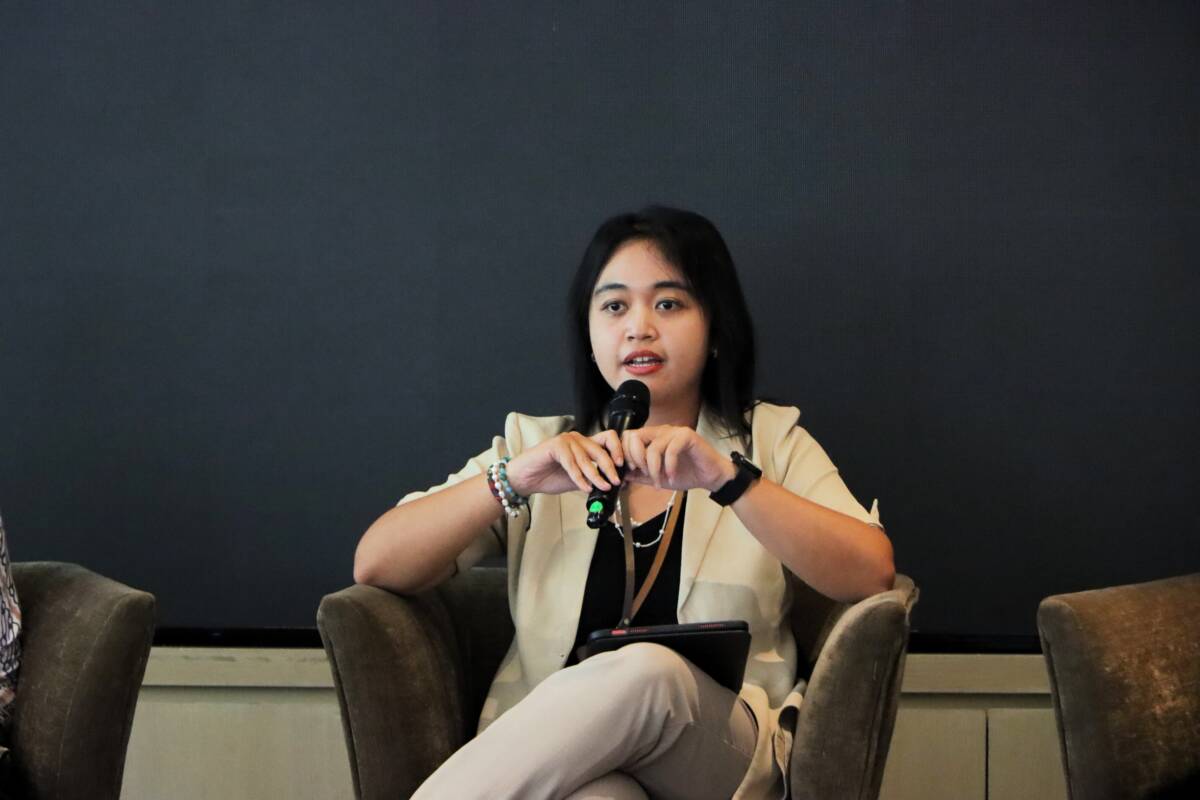Jakarta, July 11, 2025 – President of the Republic of Indonesia, Prabowo Subianto, attended the first day of the 2025 BRICS Summit held in Rio de Janeiro, Brazil, on Sunday (July 6). President Prabowo’s presence marked a historic moment, marking Indonesia’s first participation as a full member of BRICS. This involvement aligns with Indonesia’s long history in the Non-Aligned Movement, pioneered by the 1955 Asian-African Conference in Bandung. This was stated by Benita Sashia, Program Staff for Climate and Energy Diplomacy, Institute for Essential Services Reform (IESR), at the Workshop on Strengthening Indonesia’s Climate and Energy Diplomacy within a South-South Framework on Wednesday (July 9).
“Indonesia’s participation in the BRICS grouping opens up significant strategic opportunities to support the national energy transition agenda. Amidst financing challenges, structural barriers, and limited technical capacity, Indonesia is required to play a more active role and integrate climate and renewable energy interests within this platform,” Benita emphasized.
Benita stated that BRICS offers various opportunities that Indonesia can leverage to strengthen the foundations of a just energy transition. For example, alternative non-Western financing through the New Development Bank (NDB) provides greater flexibility without the binding political or economic conditions of conventional multilateral financial institutions. Furthermore, BRICS can serve as a strategic forum for Global South countries to champion shared interests in energy independence.
“The BRICS forum can also provide Indonesia with access to clean technology and expertise from partner countries such as China, India, and Brazil, given that these countries have already developed renewable energy solutions. BRICS also enables the exchange of knowledge and best practices that can accelerate the development of clean energy infrastructure in Indonesia,” Benita said.
To maximize the potential of BRICS membership, the IESR recommends several policy steps: first, improving coordination across ministries responsible for energy transition, energy security, and climate change adaptation and mitigation. Second, actively participating in various BRICS+ working groups, particularly those focused on the green transition. This involvement is crucial to ensuring Indonesia’s national interests on climate issues are accommodated on the global agenda. Third, strengthening bilateral relations with other BRICS member countries, particularly China, in terms of green technology development, green project financing, and energy diplomacy.

